Find Help
More Items From Ergsy search
-
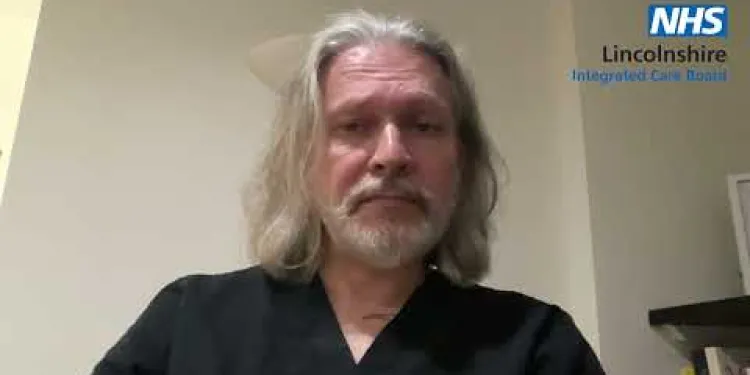
Getting to know your Testicles: Testicular Cancer Awareness with Dr James Howarth, Spilsby Surgery
Relevance: 100%
-

What is testicular cancer?
Relevance: 83%
-

Who is at risk for testicular cancer?
Relevance: 81%
-
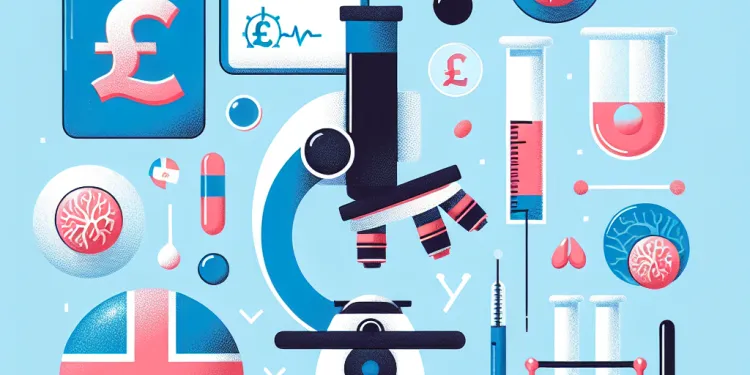
What causes testicular cancer?
Relevance: 81%
-

How common is testicular cancer?
Relevance: 80%
-

What is testicular cancer?
Relevance: 80%
-
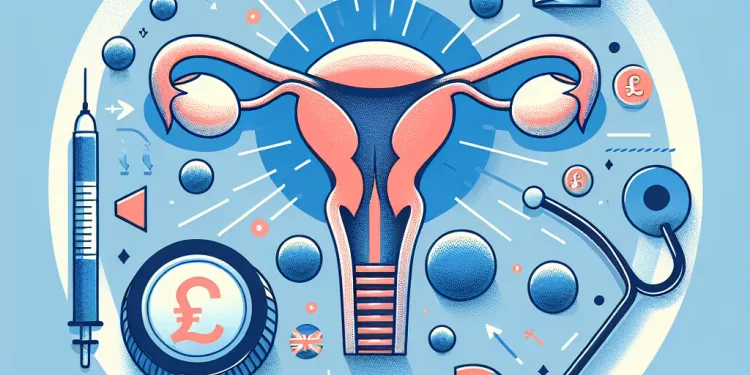
What are the symptoms of testicular cancer?
Relevance: 79%
-
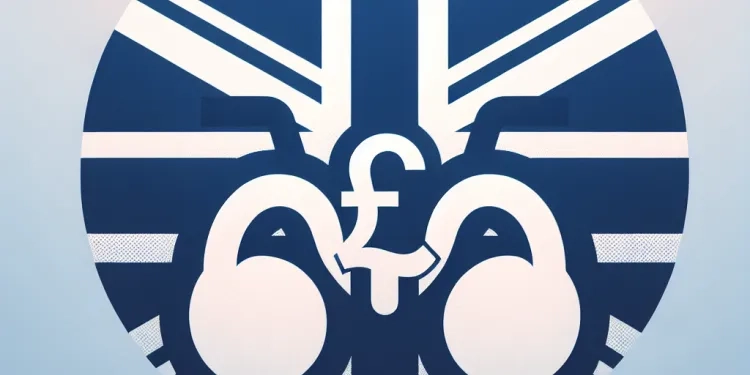
What is testicular cancer?
Relevance: 79%
-
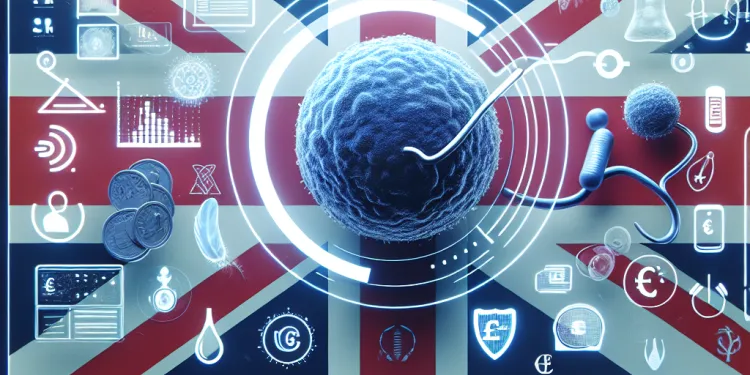
How is testicular cancer diagnosed?
Relevance: 78%
-
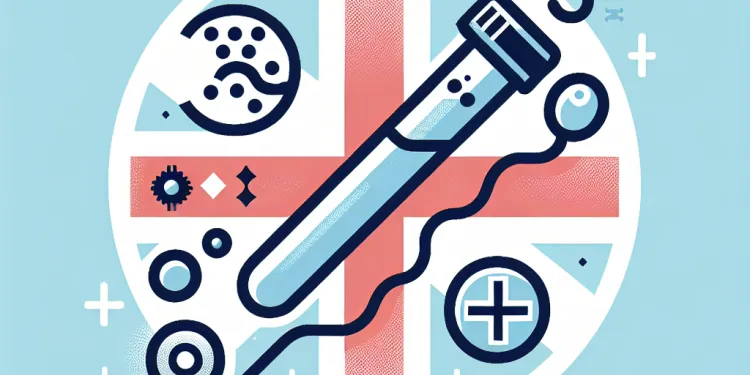
Is fertility affected by testicular cancer?
Relevance: 77%
-
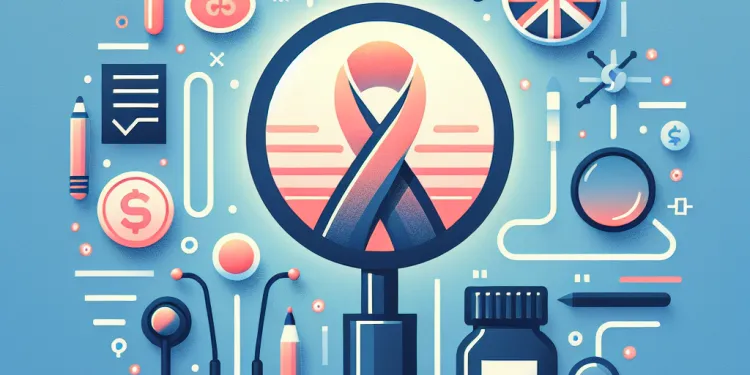
Is testicular cancer treatable?
Relevance: 77%
-
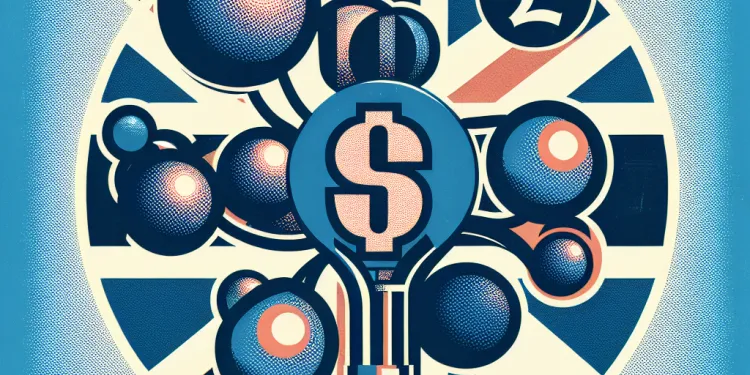
What types of treatments are available for testicular cancer?
Relevance: 69%
-

What are the stages of testicular cancer?
Relevance: 68%
-

Can testicular cancer recur after treatment?
Relevance: 67%
-

What is the survival rate for testicular cancer?
Relevance: 66%
-

Can testicular cancer spread to other parts of the body?
Relevance: 65%
-

Can lifestyle changes help prevent testicular cancer?
Relevance: 63%
-

How can I perform a testicular self-exam?
Relevance: 62%
-

Are there support groups for those affected by testicular cancer?
Relevance: 57%
-
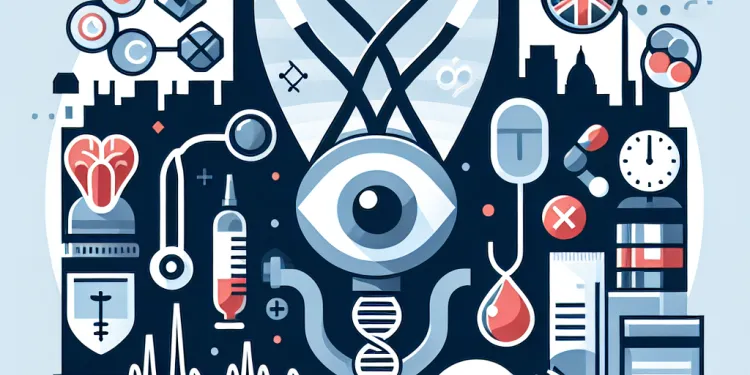
What role do tumor markers play in testicular cancer?
Relevance: 53%
-

When should I see a doctor about potential testicular cancer?
Relevance: 48%
-
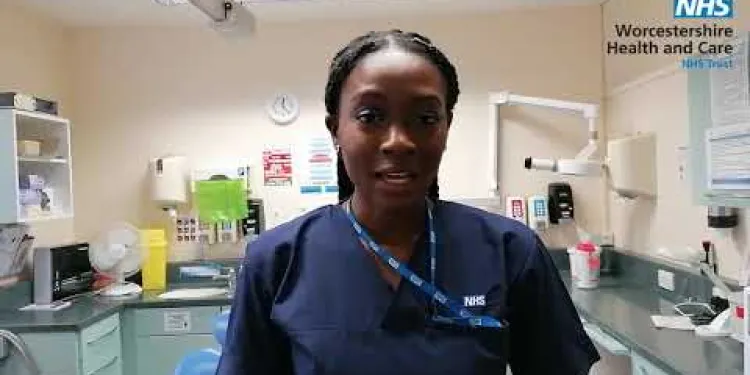
Mouth Cancer Awareness
Relevance: 45%
-

Raising awareness of ovarian cancer
Relevance: 44%
-

What is a seminoma?
Relevance: 43%
-
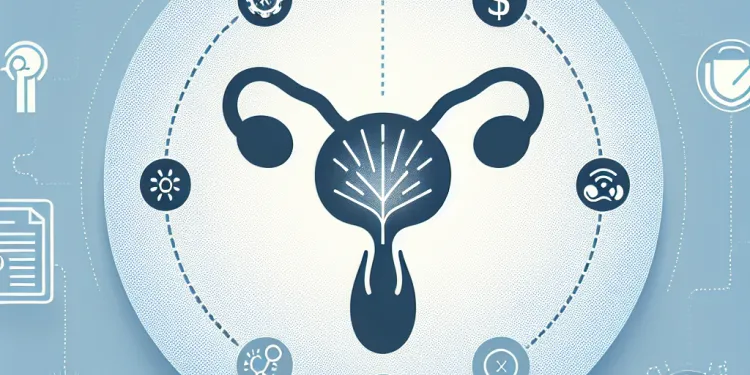
Hormone Therapy for prostate cancer
Relevance: 35%
-
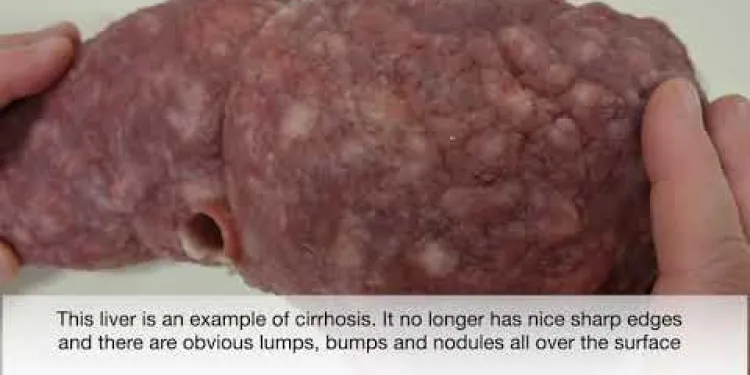
Alcohol Awarerness Week
Relevance: 33%
-

How is prostate cancer treated?
Relevance: 29%
-

Why is there a surge in bowel cancer?
Relevance: 27%
-
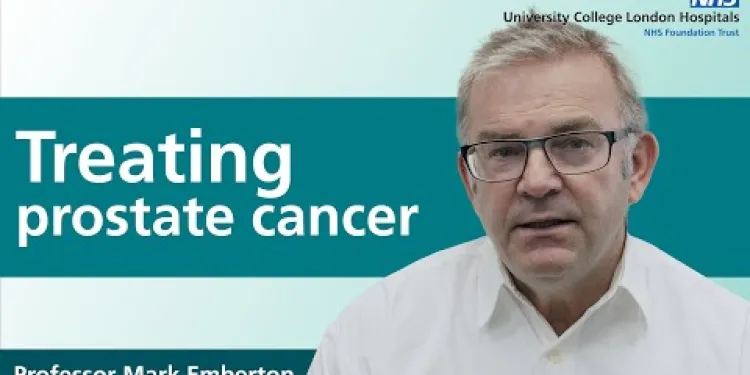
Treating prostate cancer
Relevance: 27%
-
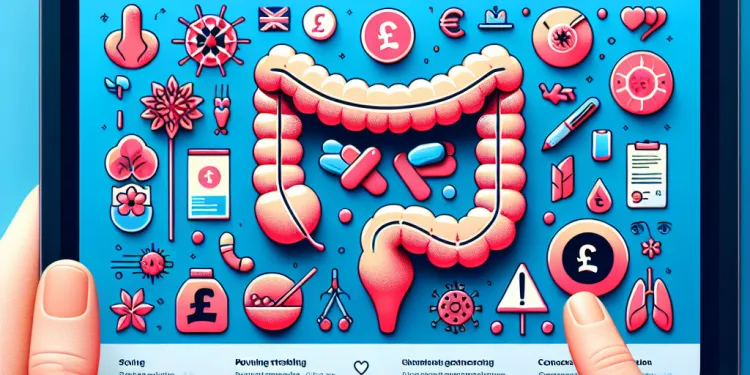
What are the risk factors for bowel cancer?
Relevance: 25%
-

Why is it important to increase awareness about CFS?
Relevance: 25%
-
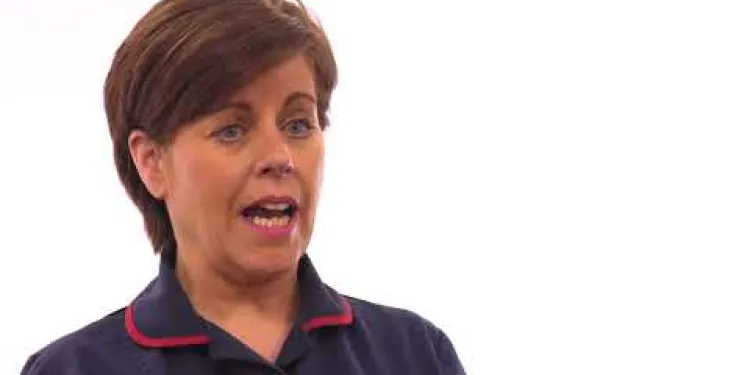
Endometrial Cancer
Relevance: 25%
-
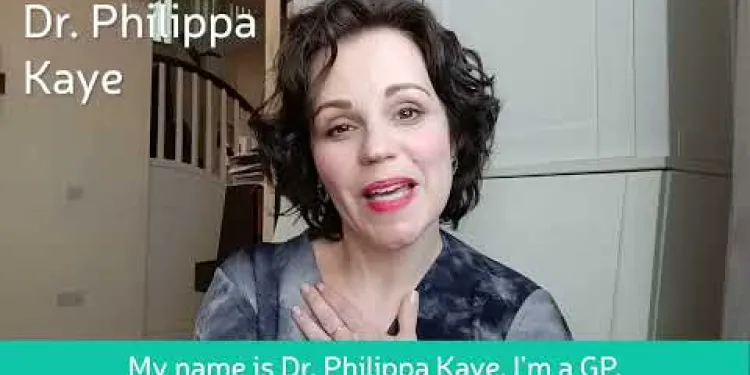
Bowel Cancer
Relevance: 25%
-

Are younger people being diagnosed with bowel cancer more frequently?
Relevance: 25%
-

How does hormone therapy help in treating prostate cancer?
Relevance: 25%
-
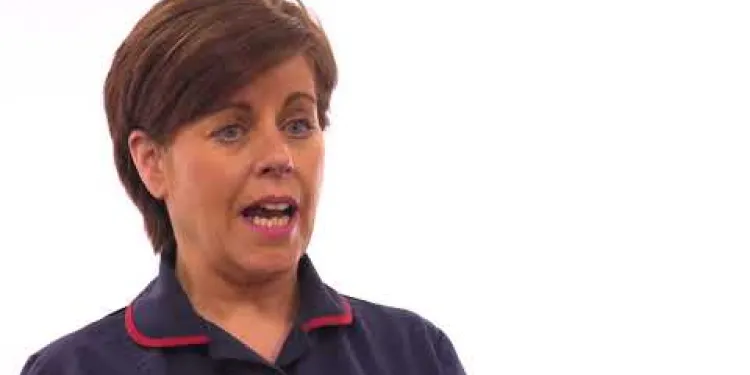
Endometrial Cancer
Relevance: 25%
-
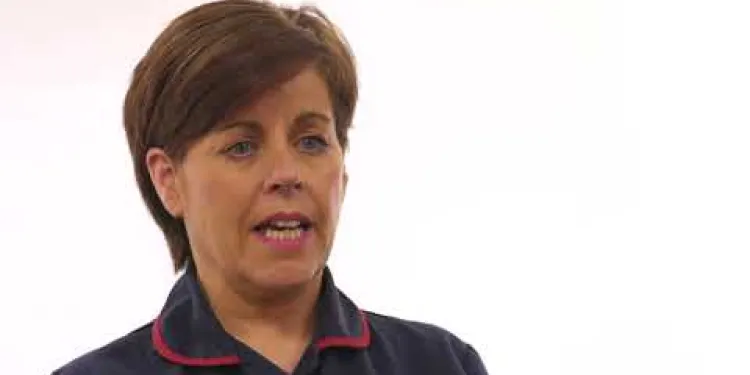
Ovarian Cancer
Relevance: 25%
-
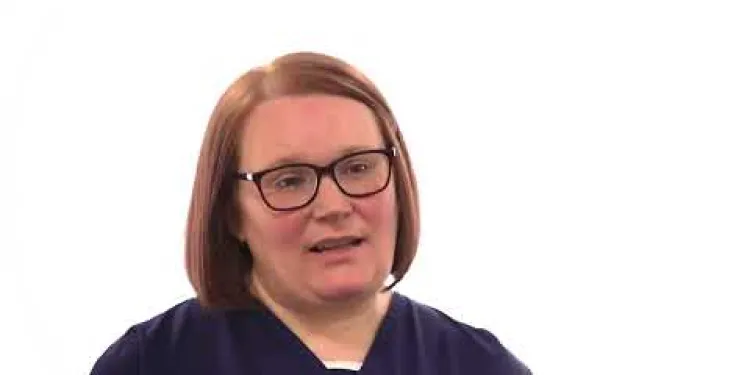
Vaginal Cancer
Relevance: 25%
-
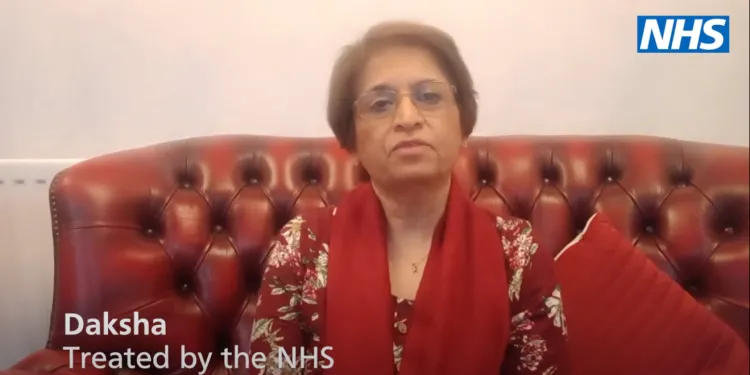
What is Cancer?
Relevance: 25%
-

What is colorectal cancer?
Relevance: 24%
What is testicular cancer
Testicular cancer is a relatively rare but highly treatable form of cancer that develops in the testicles, the male reproductive organs responsible for producing sperm and testosterone. It most commonly affects younger men, typically between the ages of 15 and 35, though it can occur at any age. Testicular cancer often presents as a painless lump or swelling in one of the testicles, though other symptoms may include aching in the lower abdomen or scrotum, heaviness in the scrotum, or changes in testicular size or shape.
Causes of testicular cancer
The exact cause of testicular cancer is unknown, but risk factors include undescended testicle (cryptorchidism), family history of the disease, previous testicular cancer, and certain genetic conditions. Diagnosis typically involves a physical examination, ultrasound imaging, and blood tests to measure tumor markers. Treatment options include surgery to remove the affected testicle (radical inguinal orchiectomy), chemotherapy, radiation therapy, and surveillance.
Treatments for testicular cancer
Due to its high cure rate, even when diagnosed at advanced stages, testicular cancer has one of the highest survival rates of all cancers. With early detection and prompt treatment, the prognosis for testicular cancer is excellent, with a five-year survival rate exceeding 95%. Regular testicular self-examinations and prompt medical attention for any abnormalities are important for early detection and successful treatment.
Getting to Know Your Testicles: Testicular Cancer Awareness with Dr James Howarth, Spilsby Surgery
Understanding Testicular Cancer
Testicular cancer is a type of cancer that originates in the testicles, part of the male reproductive system. It is relatively rare but is the most common cancer in men aged 15-49 in the United Kingdom. Early detection greatly improves the success of treatments.
Recognising the Signs and Symptoms
It's crucial to recognise the symptoms of testicular cancer. Common signs include a lump or swelling in one testicle, a feeling of heaviness in the scrotum, or a dull ache in the groin or abdomen. Some men may also experience breast tenderness or growth due to hormonal changes.
The Importance of Regular Self-Examinations
Regular self-examinations can aid in early detection. Dr James Howarth of Spilsby Surgery advises conducting a self-exam monthly. The best time to check is during or after a warm bath or shower when the scrotal skin is relaxed. Gently roll each testicle between your fingers to check for any unusual lumps, size changes, or inconsistencies.
Seeking Medical Advice
If you notice any unusual changes or symptoms, it is vital to seek medical advice promptly. At Spilsby Surgery, Dr James Howarth encourages men not to hesitate in booking an appointment for an examination. Early diagnosis can make a significant difference in treatment outcomes.
Support and Awareness
Raising awareness about testicular cancer is essential. By openly discussing the importance of regular self-exams and recognising symptoms, we can help reduce the stigma and encourage men to take proactive steps towards maintaining their health. Support groups and charities in the UK also offer resources and support for those affected by testicular cancer.
Conclusion
Testicular cancer awareness, led by medical professionals like Dr James Howarth at Spilsby Surgery, is fundamental in the early detection and successful treatment of this condition. Regular self-examinations and seeking timely medical advice can save lives. Spread awareness and take charge of your health today!
What is testicular cancer
Testicular cancer is a type of cancer that starts in the testicles. The testicles are a part of the male body that makes sperm and a hormone called testosterone. Testicular cancer is not very common, but doctors can usually treat it well. It mostly happens in younger men, usually between 15 and 35 years old, but it can happen at any age. You might find testicular cancer because of a lump or swelling in one testicle. It usually doesn’t hurt. You might also feel an ache in your belly or scrotum, or notice changes in the size or shape of a testicle.
Causes of testicular cancer
Doctors don’t know exactly why testicular cancer happens, but some things can make it more likely. You have a higher chance of getting it if you had a testicle that didn’t move down properly when you were a baby (called undescended testicle), if someone in your family had it, if you had it before, or if you have certain rare health conditions. To find out if you have testicular cancer, doctors usually look at your testicles, do an ultrasound test, and take some blood tests to look for signs of a tumor. The main treatments are surgery to take out the sick testicle, or with medicines and special x-rays called chemotherapy and radiation. Sometimes, doctors just watch carefully with regular check-ups.
Treatments for testicular cancer
Most people with testicular cancer get better because it has a high cure rate. Even if the cancer is found late, there is a good chance it can be treated successfully. If testicular cancer is found early and treated right away, most men get better. About 95 out of 100 men are alive five years after finding out they have it. Checking your testicles yourself regularly and going to the doctor if you notice anything different helps find it early. This makes treatment more successful.
Easy Guide: Learning About Your Testicles with Dr James Howarth, Spilsby Surgery
What is Testicular Cancer?
Testicular cancer happens in the testicles. The testicles are part of a man's body that make sperm. This cancer is not very common. But it is the most common cancer in young men aged 15-49 in the UK. Finding it early makes it easier to treat.
How to Spot the Warning Signs
It is important to know the signs of testicular cancer. Look out for a lump or swelling in one testicle, feeling heavy in the scrotum, or a dull pain in the lower belly or groin. Some men might also feel sore or see changes in their chest area because of hormones.
Why You Should Check Yourself
Checking yourself regularly helps find cancer early. Dr James Howarth from Spilsby Surgery says to check once a month. The best time is during or after a warm bath or shower when the skin is soft. Gently feel each testicle with your fingers to see if there are any lumps or changes.
When to Talk to a Doctor
If you see something unusual, talk to a doctor quickly. At Spilsby Surgery, Dr James Howarth wants men to visit the doctor if they are worried. Finding cancer early can help with getting better.
Getting Help and Learning More
Learning about testicular cancer is important. By talking about self-checks and the signs, we can help more men take care of their health. There are groups and charities in the UK that can help people with testicular cancer.
Final Thoughts
Learning about testicular cancer with doctors like Dr James Howarth at Spilsby Surgery is very important. Checking yourself regularly and talking to a doctor early can help you stay healthy. Share what you know and take care of your health today!
Frequently Asked Questions
What is testicular cancer?
Testicular cancer is a type of cancer that originates in the testicles (testes), which are part of the male reproductive system.
Who is at risk of developing testicular cancer?
Testicular cancer most commonly affects younger men, particularly those aged between 15 and 45. Other risk factors include having a history of undescended testicle(s), family history of testicular cancer, and being of Caucasian descent.
What are the common symptoms of testicular cancer?
Common symptoms include a lump or swelling in one of the testicles, a feeling of heaviness in the scrotum, a dull ache in the lower abdomen or groin, and sometimes, pain or discomfort in the testicle or scrotum.
How can I perform a self-examination for testicular cancer?
It’s recommended to perform a self-exam monthly, ideally after a warm bath or shower when the scrotal skin is relaxed. Roll each testicle between your thumb and fingers, feeling for any lumps, changes in size, or differences in consistency.
How is testicular cancer diagnosed?
Diagnosis usually involves a physical examination, an ultrasound of the testicles, and blood tests to check for tumour markers. A biopsy might be needed to confirm the diagnosis.
What is the treatment for testicular cancer?
Treatment typically involves surgery to remove the affected testicle (orchidectomy). Depending on the stage and type of cancer, additional treatments like chemotherapy, radiotherapy, or further surgery may be necessary.
Can testicular cancer spread to other parts of the body?
Yes, testicular cancer can spread to other parts of the body, such as the lymph nodes, lungs, liver, and, in rare cases, the brain. Early detection and treatment are crucial in preventing the spread.
Is testicular cancer curable?
Yes, testicular cancer is highly treatable and often curable, especially when caught early. Even in advanced cases, treatment can often lead to a successful outcome.
Can testicular cancer affect fertility?
Some treatments for testicular cancer can impact fertility. It's important to discuss fertility preservation options like sperm banking with your doctor before starting treatment.
Are there any lifestyle changes to reduce the risk of testicular cancer?
While there are no guaranteed ways to prevent testicular cancer, maintaining a healthy lifestyle, performing regular self-exams, and seeking medical advice if any abnormalities are detected can help in early detection and treatment.
How often should I get screened for testicular cancer?
Men should perform monthly self-examinations and seek medical advice if they find any abnormalities. Routine screenings by a healthcare provider are generally recommended based on individual risk factors.
What should I do if I find a lump in my testicle?
If you find a lump or any other unusual changes in your testicle, it’s crucial to see a healthcare provider as soon as possible for a professional evaluation.
What are the stages of testicular cancer?
Testicular cancer is typically staged from Stage I (cancer confined to the testicle) to Stage III (cancer has spread to distant parts of the body). Staging helps determine the most appropriate treatment.
Can having testicular cancer affect my sex life?
It’s possible for testicular cancer and its treatments to affect sexual function temporarily. However, many men can return to normal sexual activity post-treatment. Discuss any concerns with your healthcare provider.
Is testicular cancer hereditary?
Having a family history of testicular cancer can increase your risk, but most cases occur in men without a family history. Genetic factors and environmental influences may play a role in its development.
What is testicular cancer?
Testicular cancer is a kind of cancer that starts in the testicles. Testicles are parts of a man's body where sperm is made. It's important to know about this disease so it can be treated early.
If you find a lump or something feels different in your testicles, tell a doctor. They can help you check if everything is okay.
Here are some tools and ideas that can help you:
- Ask a family member to come with you to the doctor for support.
- Use a calendar to track any changes in your body.
- Watch simple videos for more information about testicular cancer.
Testicular cancer is a kind of sickness. It starts in the testicles. The testicles are part of the man's body that helps make babies.
Who can get testicular cancer?
Testicular cancer is when bad cells grow in the testicles. Boys and men with testicles can get it.
Some things can make it more likely:
- Being between 15 and 35 years old.
- Having family members who had testicular cancer.
- Having an undescended testicle, even if it was fixed with surgery.
- Being White, as it is more common in White people.
You can use tools like picture charts to help understand this better. It is important to talk to a doctor if you have questions.
Testicular cancer usually happens in younger men. It often affects men who are between 15 and 45 years old.
Some things make it more likely to get testicular cancer:
- If you had a testicle that didn't move down properly when you were a baby.
- If someone in your family had testicular cancer.
- If you are a white person.
You can use tools like simple word dictionaries to help understand words better. Reading tools can also read the text to you out loud.
What signs show testicular cancer?
Here are some signs:
- A lump in the testicle
- Swelling or pain in the testicle
- Feeling of heaviness in the scrotum
- Dull ache in the lower belly or groin
Ask an adult for help if you feel these signs.
Signs that something might be wrong include a bump or swelling in one testicle, feeling like the scrotum is heavy, a dull ache in the lower belly or groin, and sometimes, pain or discomfort in the testicle or scrotum.
Use simple tools like a picture dictionary or text-to-speech apps to help understand the words better.
How do I check myself for testicular cancer?
Check your testicles once a month. It's best to do this after a warm bath or shower. The warm water helps the skin relax.
Gently roll each testicle between your thumb and fingers. You are checking for any lumps or changes in size or feel.
If you find any changes, tell your doctor.
You can ask someone you trust to help you. There are also videos online that can show you how to do this.
How do doctors find out if someone has testicular cancer?
The doctor will look at your body and check your testicles with a special picture called an ultrasound. They will also take some blood to test for signs of a lump. Sometimes, they might need to take a tiny piece of the lump, called a biopsy, to be sure what it is.
How do doctors help if someone has testicular cancer?
If someone is sick with testicular cancer, doctors have ways to help them get better.
- Surgery: Doctors might do an operation. They take out the cancer to help the person feel better.
- Medicine: Doctors can give special medicine. This helps to kill the cancer and make the person well.
- Radiation: Sometimes, doctors use beams of light to help get rid of the cancer.
If you or someone you know has testicular cancer, always talk to a doctor. They know the best way to get better.
Helpful tips:
- Write down questions to ask the doctor.
- Take a friend or family member to appointments for support.
- Stay positive and follow the doctor's advice.
The main way to treat this is by having an operation to take out the sick testicle. This is called an orchidectomy. If the cancer is worse or of a certain type, you might also need other treatments. These could be medicine to kill cancer cells (called chemotherapy), using special rays (called radiotherapy), or more operations.
Can cancer in the testicles move to other parts of the body?
Cancer in the testicles is called testicular cancer. Sometimes it can move to other body parts. This is called spreading.
It's important to see a doctor if you have questions or worries. They can help you understand more.
If reading is hard, try these tips:
- Ask someone to read with you.
- Use a ruler or your finger to keep your place on the page.
- Read in a quiet place where you can focus.
Yes, testicular cancer can move to other parts of the body. It can go to places like the lymph nodes, lungs, liver, and sometimes the brain, but that is rare. Finding it early and getting treatment is very important to stop it from spreading.
Can testicular cancer be cured?
Testicular cancer can usually be cured. This means many people who have it get better.
If you think you might have testicular cancer, you should talk to a doctor.
Doctors have different ways to help people with testicular cancer. They can offer treatments like medicine and surgery to remove the cancer.
To learn more, you can use tools like picture books or watch videos that explain it simply.
Yes, testicular cancer can be treated well and often cured, especially if found early. Even if it is found later, treatment can still work well.
Can having testicular cancer make it hard to have babies?
If someone has testicular cancer, they might wonder if it can make it difficult to have children.
Testicular cancer can affect a man's ability to have babies. Some treatments for cancer might also make it harder to become a dad. It's important to talk to a doctor about any worries.
Supportive tools like talking to a counselor or joining a support group can help. They offer more advice and information.
Some treatments for testicle cancer can make it hard to have children. Talk to your doctor about saving sperm before you start treatment. This is called sperm banking.
Can I change my lifestyle to lower the chance of getting testicular cancer?
Here are simple steps that might help:
- Check your testicles regularly. Feel for any changes or lumps.
- Eat healthy foods like fruits and veggies.
- Stay active and exercise often.
- Don't smoke.
- Talk to your doctor about any concerns.
Using pictures or videos can make learning easier. Ask someone you trust if you need help understanding.
There is no sure way to stop testicular cancer. But you can do some things to help:
- Live a healthy life.
- Check your testicles regularly.
- Go to the doctor if something feels wrong.
These steps can help find and treat cancer early.
How often should I check for testicular cancer?
It's important to keep your body healthy. Boys and men should check their testicles to make sure everything feels normal. You can do this once a month at home. It's quick and easy.
If you notice anything different, like a lump or pain, tell your doctor. They can help you. Doctors might also suggest regular checks.
Use reminders like a phone alarm or a calendar to help you remember to check.
Men should check their bodies every month. If they notice anything unusual, they should talk to a doctor. Doctors may suggest regular check-ups, depending on a person's own health risks.
What to do if you find a lump in your testicle?
If you feel a lump in your testicle, don't worry, but do tell a grown-up or someone you trust.
They can help you decide if you need to see a doctor.
The doctor can check if it is something to be concerned about.
It’s important to talk to someone and not keep it a secret.
To help remember what to ask or say, you can:
- Write it down on a piece of paper.
- Use pictures or drawings if it's easier.
- Ask someone you trust to come with you to the doctor.
If you find a bump or something different on your testicle, it's very important to see a doctor quickly. The doctor will check it to make sure everything is okay.
What are the steps of testicular cancer?
Testicular cancer happens in a man's testicles. It grows in stages, like steps.
Here are the steps:
- Step 1: The cancer is only in the testicle.
- Step 2: The cancer has spread to the lymph nodes in the belly.
- Step 3: The cancer has spread to other parts of the body.
Support tools or techniques:
- Ask a doctor if you have questions.
- Use pictures to help understand better.
- Take notes to remember important things.
Doctors use stages to talk about testicular cancer. Staging is like a way of describing how far the cancer has spread.
Stage I: The cancer is only in the testicle.
Stage III: The cancer has moved to other parts of the body, far away from the testicle.
Knowing the stage helps doctors choose the best treatment. Using visuals like diagrams or models can help in understanding stages. Talk to your doctor if you need help understanding this.
Can having testicular cancer change my sex life?
Testicular cancer is a sickness in the testicles. The testicles are an important part of the body for making babies and for sex.
If you have testicular cancer, it might make you worried about your sex life. You can talk to a doctor or nurse who can help explain things to you.
Remember, it's okay to ask questions and talk about your feelings. You can also talk to friends or family for support.
Having a problem called testicular cancer and getting better from it can sometimes make it hard to have sex for a little while. But, lots of men can go back to having normal sex after they get better. It is a good idea to talk to your doctor if you are worried about this.
Does testicular cancer run in families?
Testicular cancer might run in families. This means if someone in your family had it, you might get it too.
It is important to know that not everyone in the family will get it.
If you are worried, talk to a doctor. They can give you advice and support.
To learn more, you can use simple books or videos. Talk to someone you trust to help understand more.
If someone in your family had testicular cancer, it might mean you can get it too. But most men who get this kind of cancer do not have anyone in their family with it. It might happen because of genes or things around us.
Useful Links
This website offers general information and is not a substitute for professional advice.
Always seek guidance from qualified professionals.
If you have any medical concerns or need urgent help, contact a healthcare professional or emergency services immediately.
Some of this content was generated with AI assistance. We’ve done our best to keep it accurate, helpful, and human-friendly.
- Ergsy carfully checks the information in the videos we provide here.
- Videos shown by Youtube after a video has completed, have NOT been reviewed by ERGSY.
- To view, click the arrow in centre of video.
- Most of the videos you find here will have subtitles and/or closed captions available.
- You may need to turn these on, and choose your preferred language.
- Go to the video you'd like to watch.
- If closed captions (CC) are available, settings will be visible on the bottom right of the video player.
- To turn on Captions, click settings .
- To turn off Captions, click settings again.
More Items From Ergsy search
-

Getting to know your Testicles: Testicular Cancer Awareness with Dr James Howarth, Spilsby Surgery
Relevance: 100%
-

What is testicular cancer?
Relevance: 83%
-

Who is at risk for testicular cancer?
Relevance: 81%
-

What causes testicular cancer?
Relevance: 81%
-

How common is testicular cancer?
Relevance: 80%
-

What is testicular cancer?
Relevance: 80%
-

What are the symptoms of testicular cancer?
Relevance: 79%
-

What is testicular cancer?
Relevance: 79%
-

How is testicular cancer diagnosed?
Relevance: 78%
-

Is fertility affected by testicular cancer?
Relevance: 77%
-

Is testicular cancer treatable?
Relevance: 77%
-

What types of treatments are available for testicular cancer?
Relevance: 69%
-

What are the stages of testicular cancer?
Relevance: 68%
-

Can testicular cancer recur after treatment?
Relevance: 67%
-

What is the survival rate for testicular cancer?
Relevance: 66%
-

Can testicular cancer spread to other parts of the body?
Relevance: 65%
-

Can lifestyle changes help prevent testicular cancer?
Relevance: 63%
-

How can I perform a testicular self-exam?
Relevance: 62%
-

Are there support groups for those affected by testicular cancer?
Relevance: 57%
-

What role do tumor markers play in testicular cancer?
Relevance: 53%
-

When should I see a doctor about potential testicular cancer?
Relevance: 48%
-

Mouth Cancer Awareness
Relevance: 45%
-

Raising awareness of ovarian cancer
Relevance: 44%
-

What is a seminoma?
Relevance: 43%
-

Hormone Therapy for prostate cancer
Relevance: 35%
-

Alcohol Awarerness Week
Relevance: 33%
-

How is prostate cancer treated?
Relevance: 29%
-

Why is there a surge in bowel cancer?
Relevance: 27%
-

Treating prostate cancer
Relevance: 27%
-

What are the risk factors for bowel cancer?
Relevance: 25%
-

Why is it important to increase awareness about CFS?
Relevance: 25%
-

Endometrial Cancer
Relevance: 25%
-

Bowel Cancer
Relevance: 25%
-

Are younger people being diagnosed with bowel cancer more frequently?
Relevance: 25%
-

How does hormone therapy help in treating prostate cancer?
Relevance: 25%
-

Endometrial Cancer
Relevance: 25%
-

Ovarian Cancer
Relevance: 25%
-

Vaginal Cancer
Relevance: 25%
-

What is Cancer?
Relevance: 25%
-

What is colorectal cancer?
Relevance: 24%


